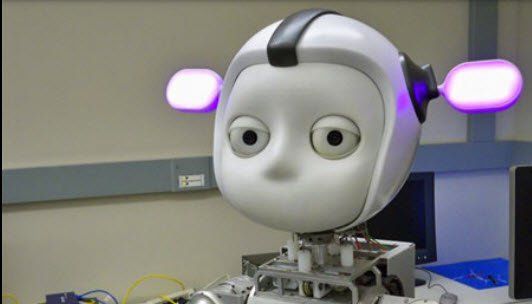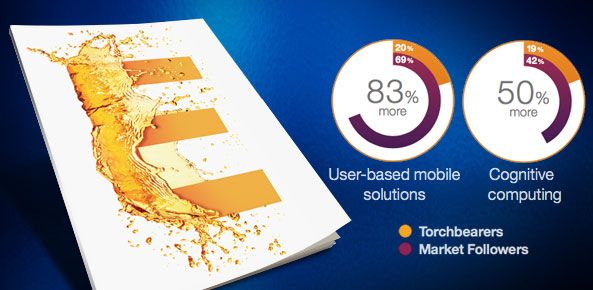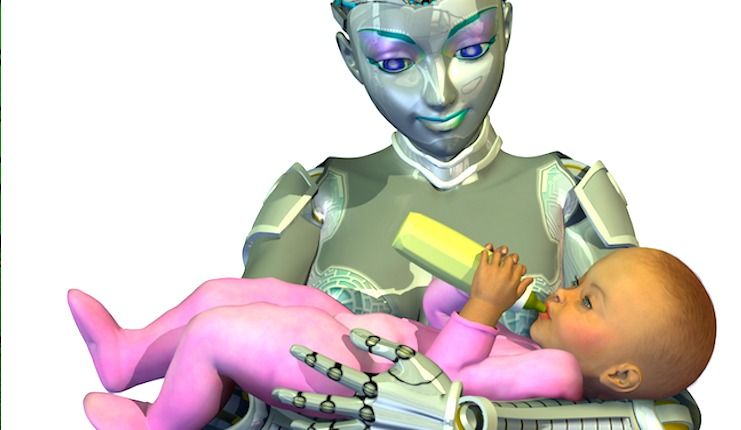Again, I see too many gaps that will need to be address before AI can eliminate 70% of today’s jobs. Below, are the top 5 gaps that I have seen so far with AI in taking over many government, business, and corporate positions.
1) Emotion/ Empathy Gap — AI has not been designed with the sophistication to provide personable care such as you see with caregivers, medical specialists, etc.
2) Demographic Gap — until we have a more broader mix of the population engaged in AI’s design & development; AI will not meet the needs for critical mass adoption; only a subset of the population will find will connection in serving most of their needs.
3) Ehtics & Morale Code Gap — AI still cannot understand at a full cognitive level ethics & empathy to a degree that is required.
4) Trust and Compliance Gap — companies need to feel that their IP & privacy is protected; until this is corrected, AI will not be able to replace an entire back office and front office set of operations.
5) Security & Safety Gap — More safeguards are needed around AI to deal with hackers to ensure that information managed by AI is safe as well as ensure public saftey from any AI that becomes disruptive or hijacked to cause injury or worse to the public
Until these gaps are addressed; it will be very hard to eliminate many of today’s government, office/ business positions. The greater job loss will be in the lower skill areas like standard landscaping, some housekeeping, some less personable store clerk, some help desk/ call center operations, and some lite admin admin roles.
The U.S. economy added 2.7 million jobs in 2015, capping the best two-year stretch of employment growth since the late ‘90’s, pushing the unemployment rate down to five percent.
But to listen to the doomsayers, it’s just a matter of time before the rapid advance of technology makes most of today’s workers obsolete – with ever-smarter machines replacing teachers, drivers, travel agents, interpreters and a slew of other occupations.
Read more









